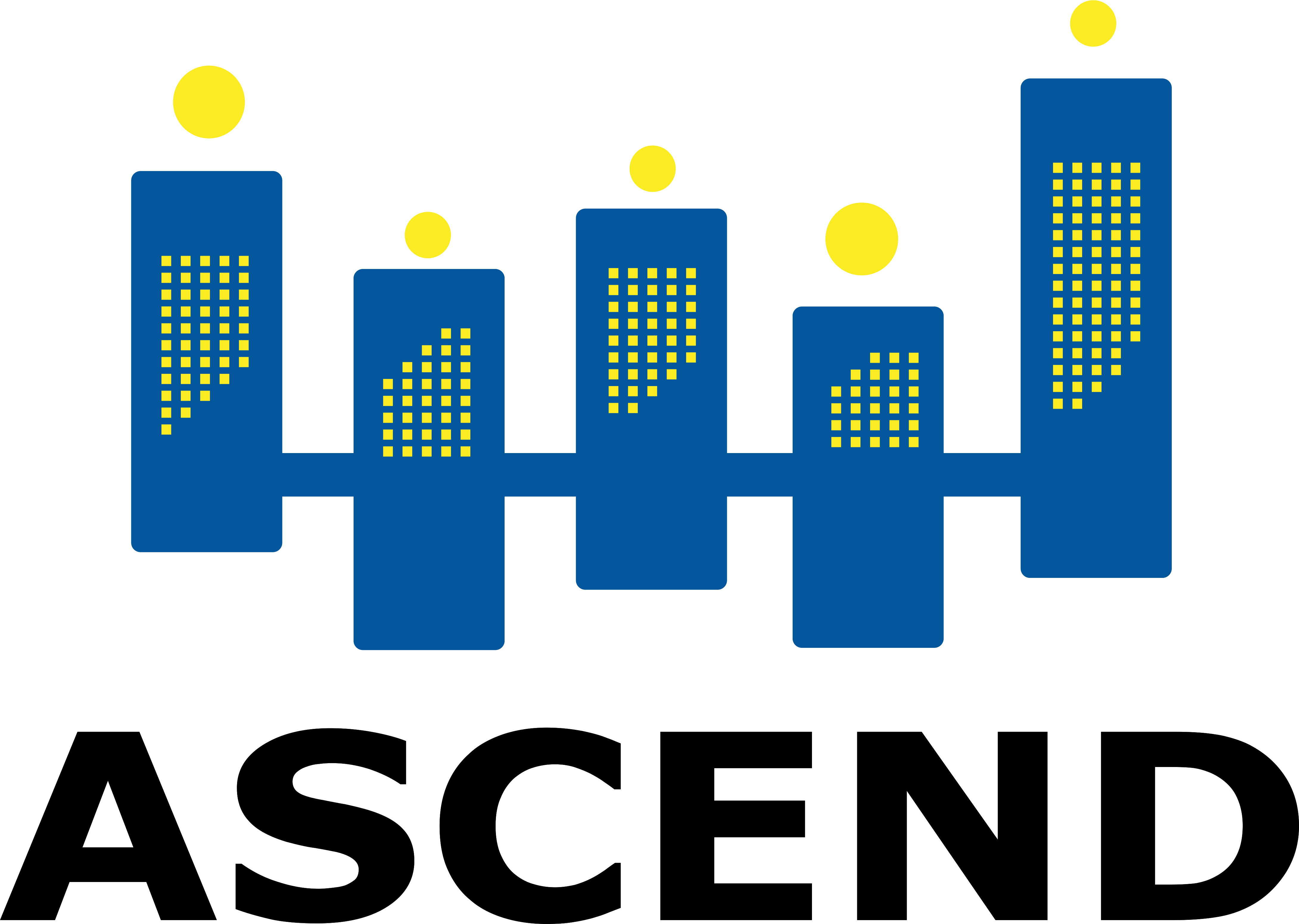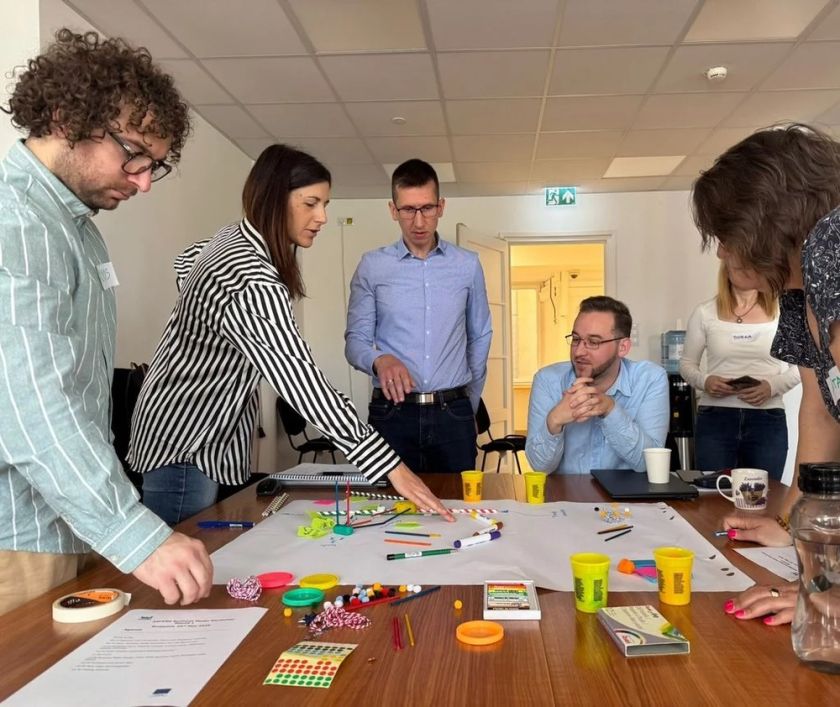A couple of weeks ago, ASCEND facilitated two focused Business Model Workshops with the project teams from Prague, Budapest, and Alba Iulia. These sessions were essential in helping the cities shape viable strategies to deliver Positive Clean Energy Districts that are both socially inclusive and financially sustainable.
Mapping Projects and Engaging Stakeholders
The workshops provided a structured opportunity to map each city’s PCED project and its ecosystem of stakeholders, setting a solid foundation for developing tailored business models. Guided by the Business Model Assembler, an interactive card game developed by the University of St. Gallen and designed by Twenty Communications, the teams used the "Who, What, How, Why" framework to examine their value propositions, target users, delivery mechanisms, and financing strategies.
Financing Front and Center
A key focus across both workshops was exploring alternative financing pathways. The city teams worked intensively on identifying how to unlock additional funding sources to support their PCED ambitions. These exercises not only advanced their business model development but also directly supported the investment planning and financial instrument identification led by ASCEND partner R2M.
Shared Vision: Affordable Housing and Energy Efficiency
Despite their unique contexts, the cities converged on a shared objective: providing more affordable housing, particularly for essential workers such as nurses and teachers, who often struggle to find accessible accommodation near city centers.
At the same time, energy efficiency remained a core principle in line with the PCED vision, ensuring that social objectives go hand in hand with the transition to climate-neutral urban districts.
Towards Holistic, Scalable Solutions
By using the Business Model Assembler as a creative, hands-on tool, the workshops empowered the cities to think holistically about the long-term development of their districts.
These workshops mark a significant step in ASCEND’s mission to help cities shape the future of sustainable urban living through collaboration, innovation, and community-driven solutions.

